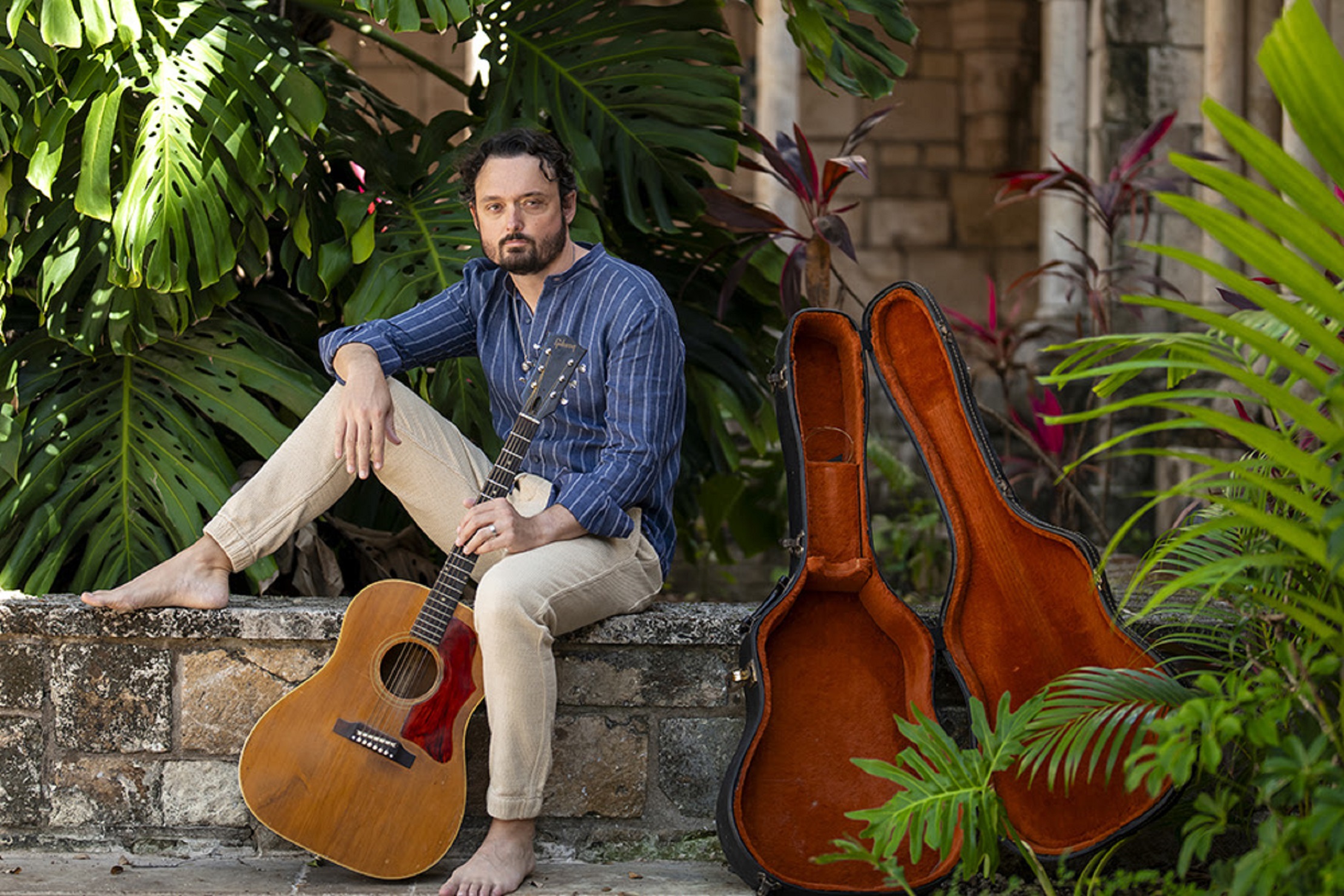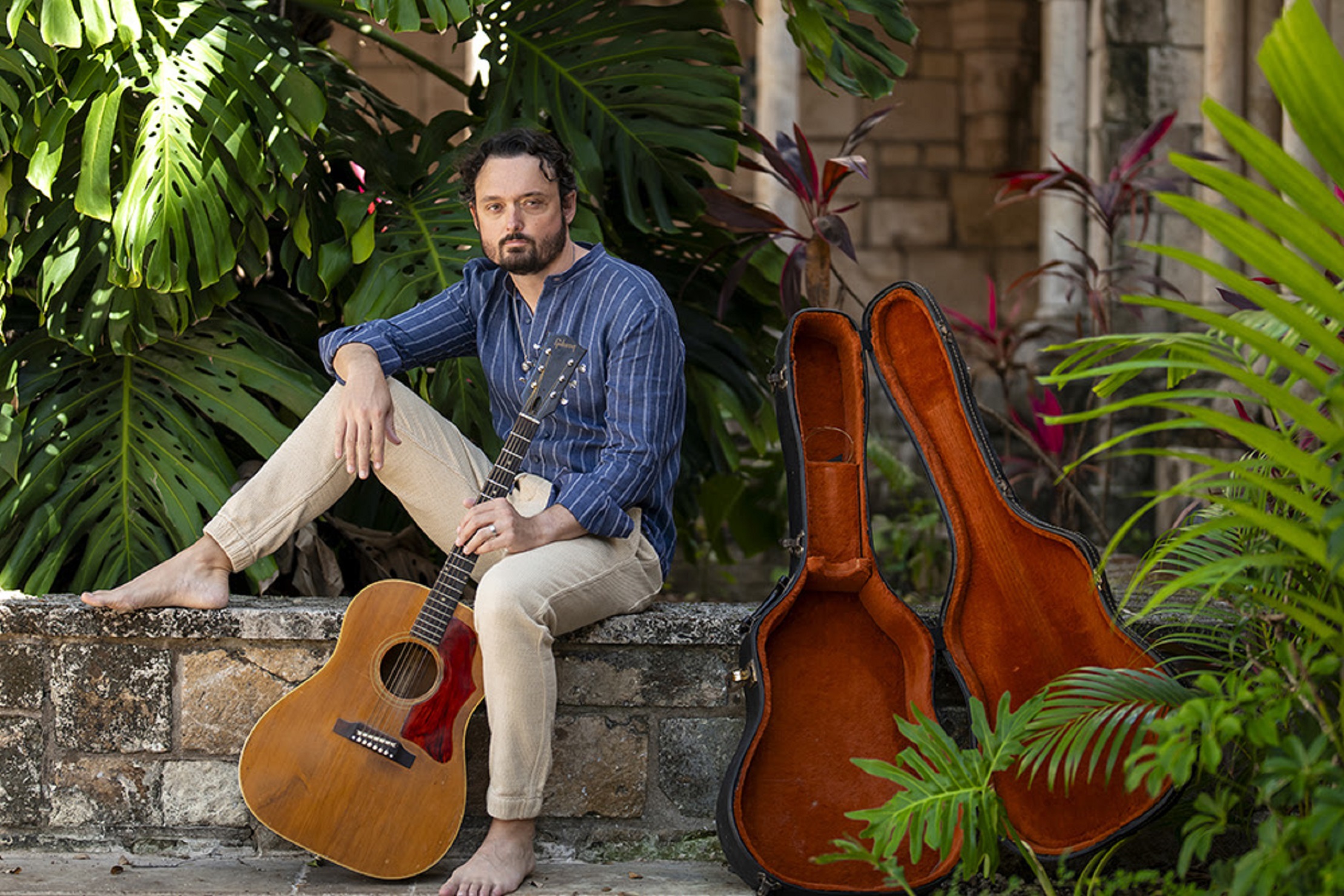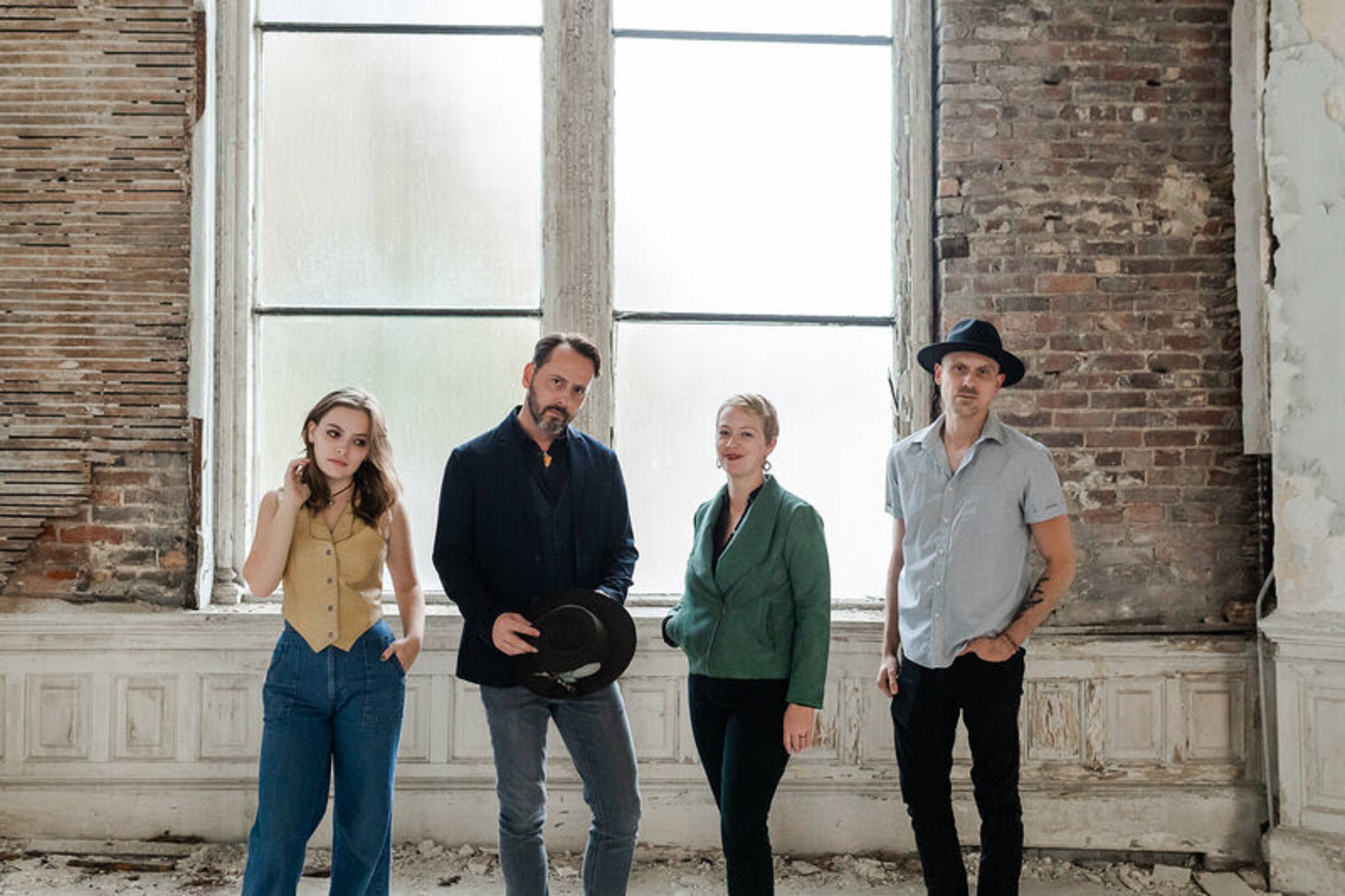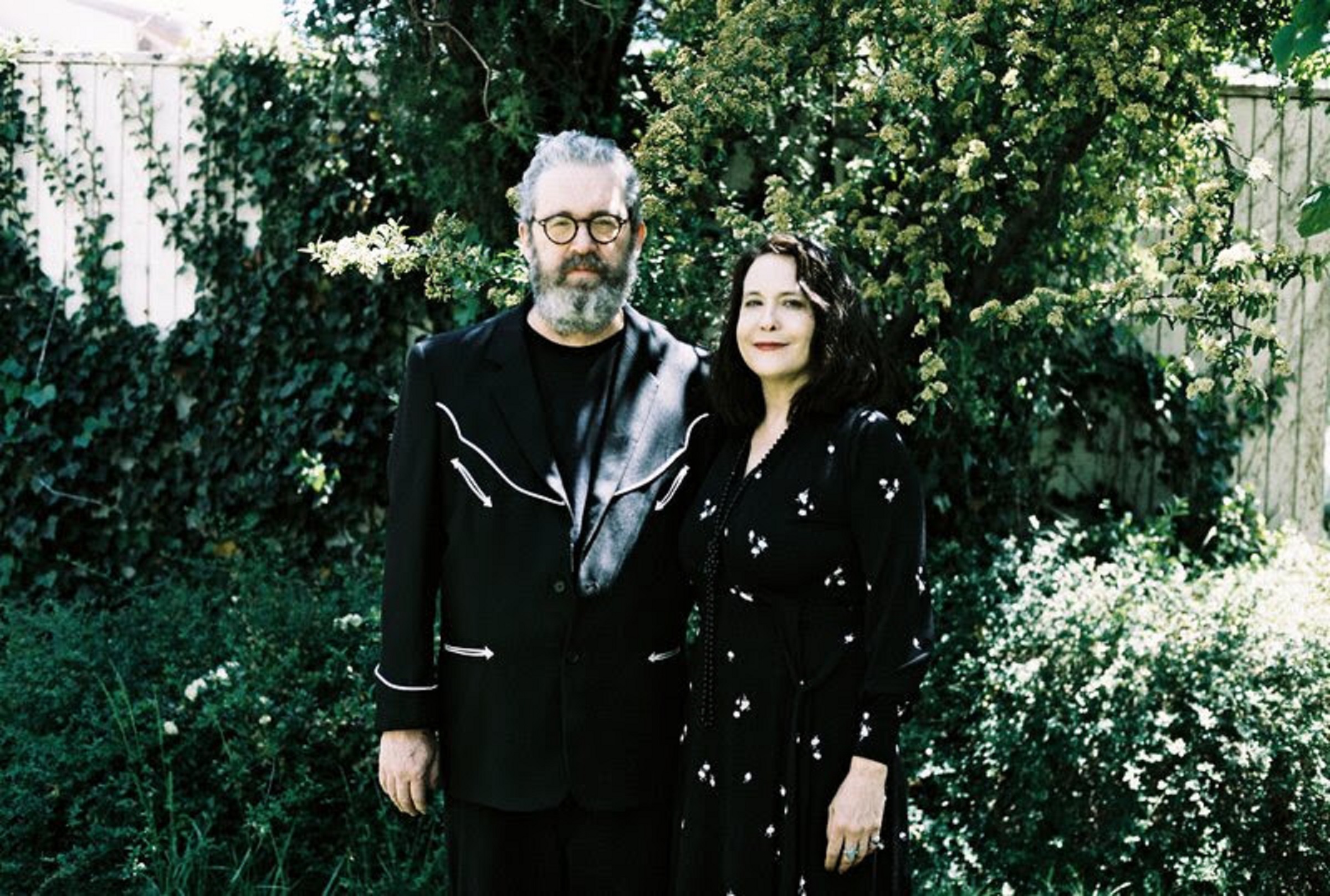SoCal singer/songwriter, Emmy-nominated TV writer-producer & novelist James Kahn’s seventh album, By the Risin’ of the Sea, turns our expectations of traditional sea shanties on their heads by confronting our modern environmental struggles. The album was a finalist in the International Acoustic Music Awards, and the music video of the title song has won several film festival awards, including Best Music Video at the Global Film and Music Festival.
As an ER doctor, Kahn was recruited by Steven Spielberg to be a med tech advisor/writer on ET: The Extraterrestrial, leading him to write the novelizations of many great films, including Return of the Jedi, Poltergeist, Indiana Jones and the Temple of Doom, and The Goonies. From there he segued into writing for many series including Star Trek: The Next Generation & Xena:Warrior Princess, and writing-producing Melrose Place and Star Trek: Voyager.
Kahn has entertained us for years as a writer & producer of Star Trek, bringing us stories of a utopian future, but on By the Risin’ of the Sea, he now shows us apocalyptic visions of our actual future of climate change induced rising sea levels, Covid-19, refugee crises and extinction, all with a charming delivery. These gentle songs make our impending doom feel cozy and warm as we all huddle together and let it wash over us.
“Climate change is the biggest existential crisis facing us,” says Kahn, “resulting in drought, fires, floods, species die-offs, crop failures, and of course, rising seas. Maybe we can still mitigate some of the ruin. ‘The Risin’ of the Seas’ is the core song on the album, and lays the problem out in a plaintive, melancholy shanty that comes from – and speaks to – the heart.”
Album opener and title track “The Risin’ of the Sea” is a testament to the power of the human voice in its five part harmonies and the melancholy brought by Brian Mann’s poignant accordion accompaniment. It’s followed by the foot-stomping, dance-with-death pub ballad “In the Covid Times,” where Kahn’s response to the pandemic, unemployment, police violence, social isolation, floods, drought and immigration issues is to raise a glass and hope we can all just make it through the mayhem. But there’s still this contingent of pandemic deniers, mask deniers, vaccine deniers, climate deniers, racism deniers and science deniers that he addresses in “2020: Ship of Fools,” who are all doing their best to sink the ship that we all have to live on.

Not all doom and gloom, By the Risin’ of the Seas’ more lighthearted offerings still touch on the macabre. “No More a’ Whalin’” is a gorgeous and loving anti-whaling tale in the style of traditional whaling folk songs. “We never stopped to listen to the beauty of their tune / We was so wrapped up in the romance of the sail and the harpoon.” The parody song “Bucket o’ Bones” puts a 17th century pirate to work on a modern day cruise ship, with fiddle from Gabe Witcher (Punch Brothers, Paul Simon). In the context of the album, one is reminded of the many quarantined cruise ships at the start of the pandemic. “We caught a touch of plague / but all the medicine we had was cabernet / We got no Wifi bars / we were belayed by our cell phones / The days were dark / and chilly with unknowns / But the day we started coughin’ / well I knew we’d all end up / Just a bucket o’ bones.” The tongue-in-cheek “Island of Dreams” speaks of treasure while actually referring to the five-mile trash island of plastic debris permanently floating in the Pacific Ocean.
“O the Ocean Rolls” tackles the refugee crisis. “The Vast Infinity,” played with actual bones by Sharon Turmondt, is about coming to terms with the “final come what may.” “On the Other Side” follows suit as the narrator waxes nostalgic in his twilight years with only a guitar, mugs, stomps, silverware, hoots and claps as instruments. “Cast on the Water” finds album producer David West on hammer dulcimer as Kahn sings the tale of a lost soul finding his way through the world.
Album closer “Sundown” bookends By the Risin’ of the Sea with a final five-part a cappella lament inspired by Kahn’s eco-biologist friend who said, “You know, people talk about rising temperatures globally, but it’s happening so gradually, we just keep adjusting, which lets us ignore the realities. The reality is, different species have different inflection points, so one day we’ll wake up, and – no more bees.” Kahn ends the song with a note of hope, “If we’re wise / ‘twill be fine.” Getting wise is the challenge for all of us.
The antidote to all of this may be in his four part a cappella track “Landfall,” about finding stability in a world that seems to be spinning out of control. Building on the recent revival of interest, By the Risin’ of the Sea brings sea shanties into the modern age, addressing contemporary themes with classic folk musical strains. It’s alternately moving and poignant, funny yet angry, while remaining hopeful throughout.
“We’re all looking for landfall,” says Kahn, “the place we feel whole and at home, where we can rest.”






















